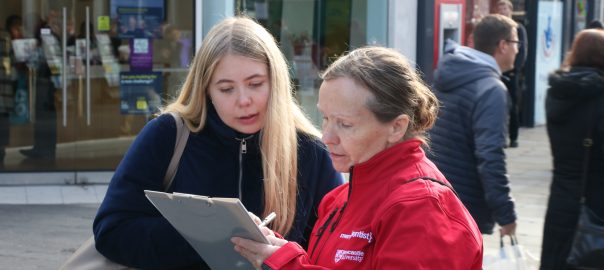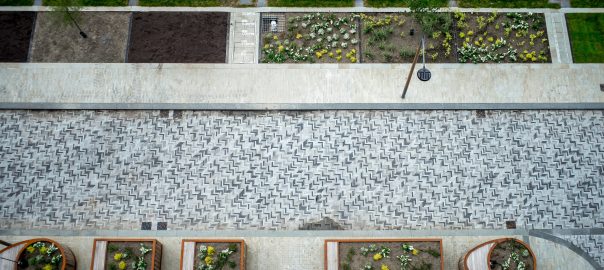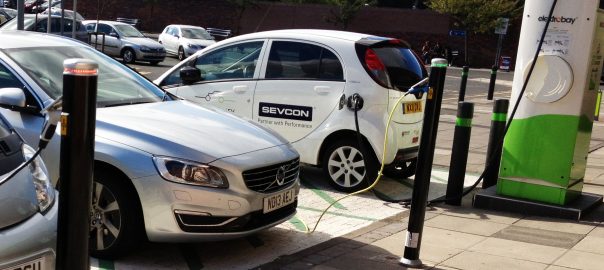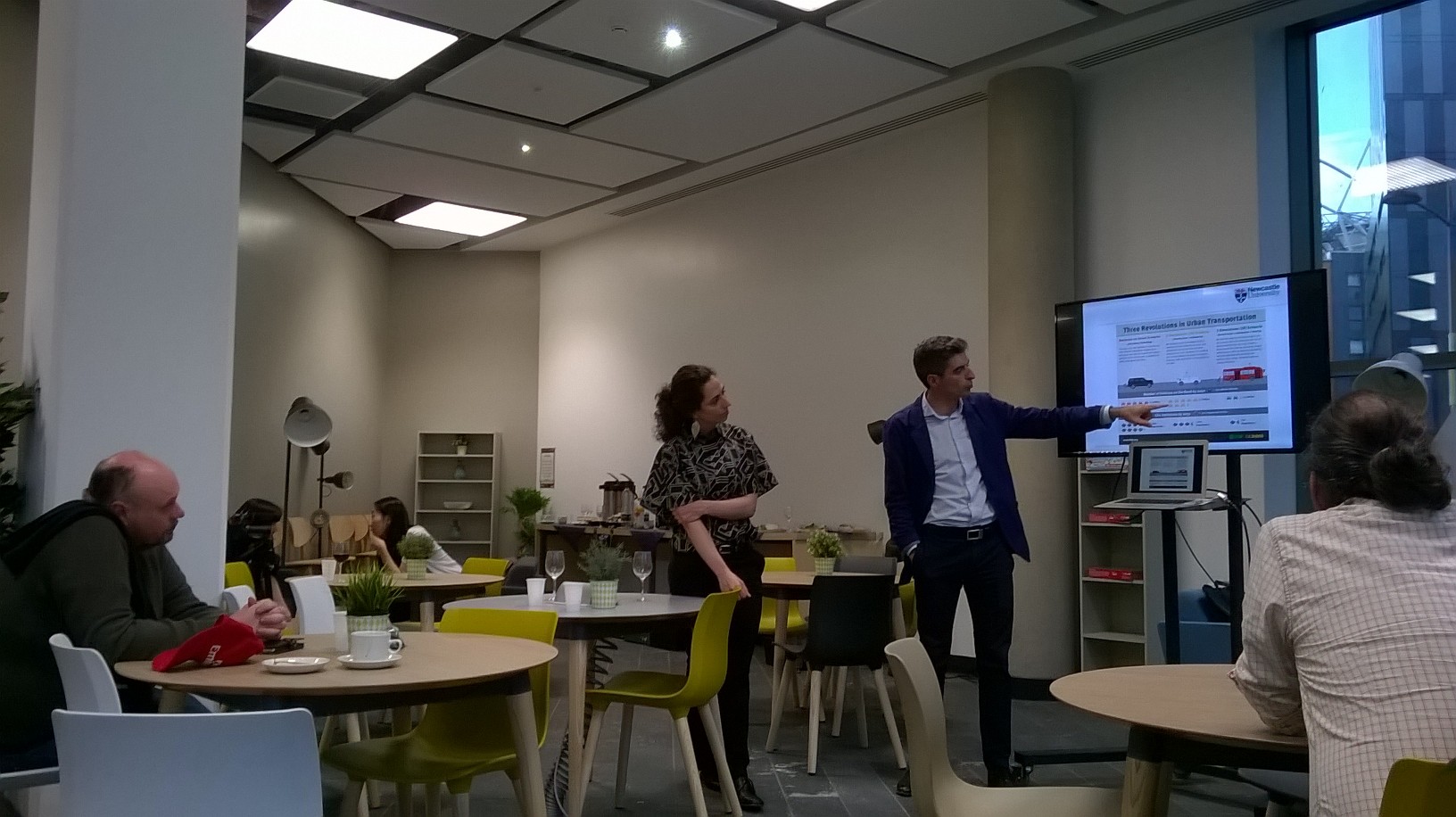What I bring to the interview is respect. The person recognizes that you respect them because you’re listening. Because you’re listening, they feel good about talking to you. When someone tells me a thing that happened, what do I feel inside? I want to get the story out. It’s for the person who reads it to have the feeling… Studs Terkel
This week is Green Great Britain Week! And to help make a difference myself, colleagues and volunteers gave a public survey on what the people of Newcastle think about climate change, in collaboration with the Priestley International Centre for Climate at University of Leeds, University of York and University of Manchester.
According to the IPCC 1.5C special report released last week, carbon emissions must be urgently reduced even more than previously thought or the devastation caused by heating up the planet above the 1.5C target could cause it to veer in the direction of unlivable.
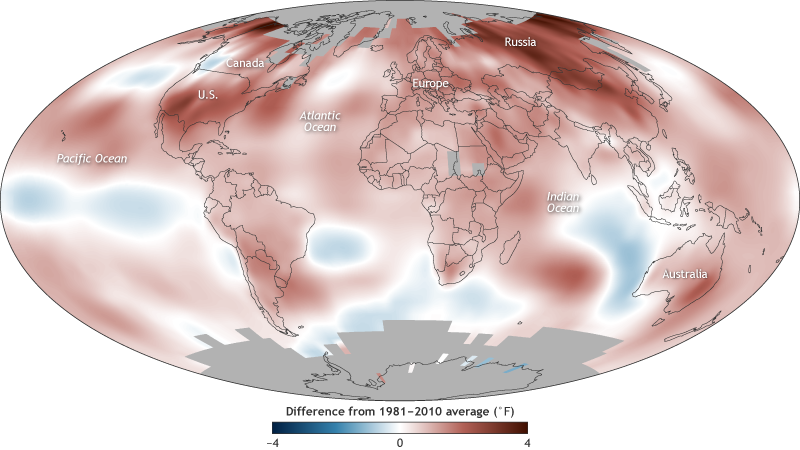
Climate change is far from easy to communicate let alone contemplate on a large scale. The 10 warmest years on record have occurred since 1998 and the four warmest years on record since 2014. Although the global temperature is rising rapidly, it isn’t uniform across the planet. While climate change impacts are certainly felt by people all over the world, how they experience them may vary. Continue reading People want to talk about climate change
